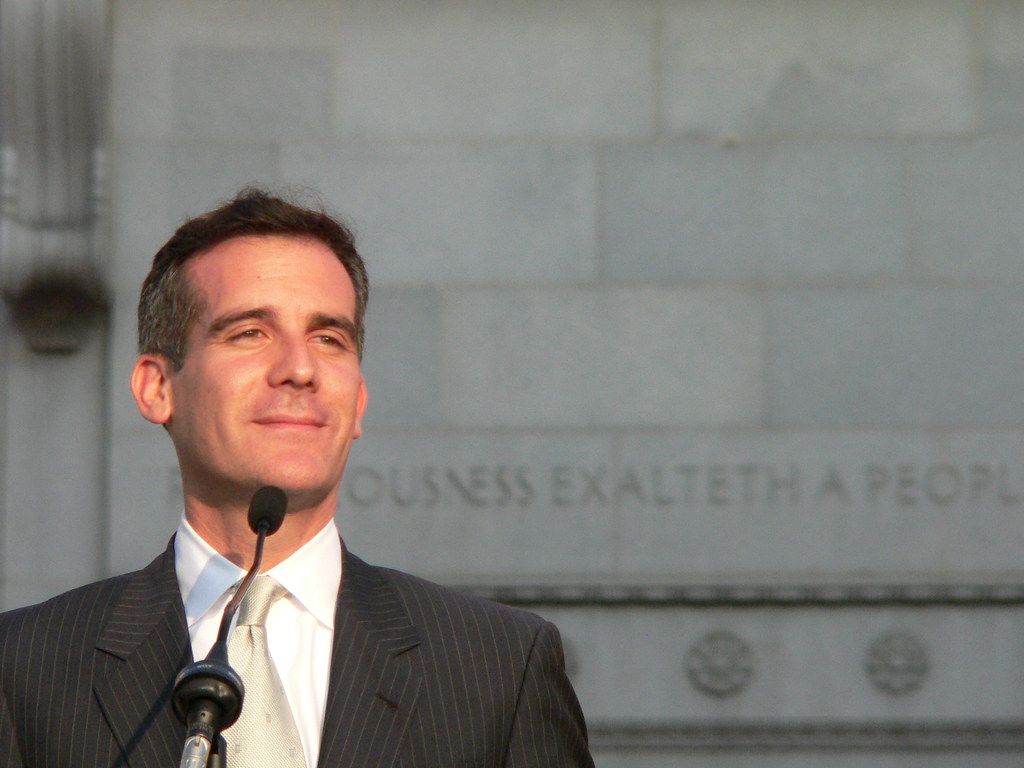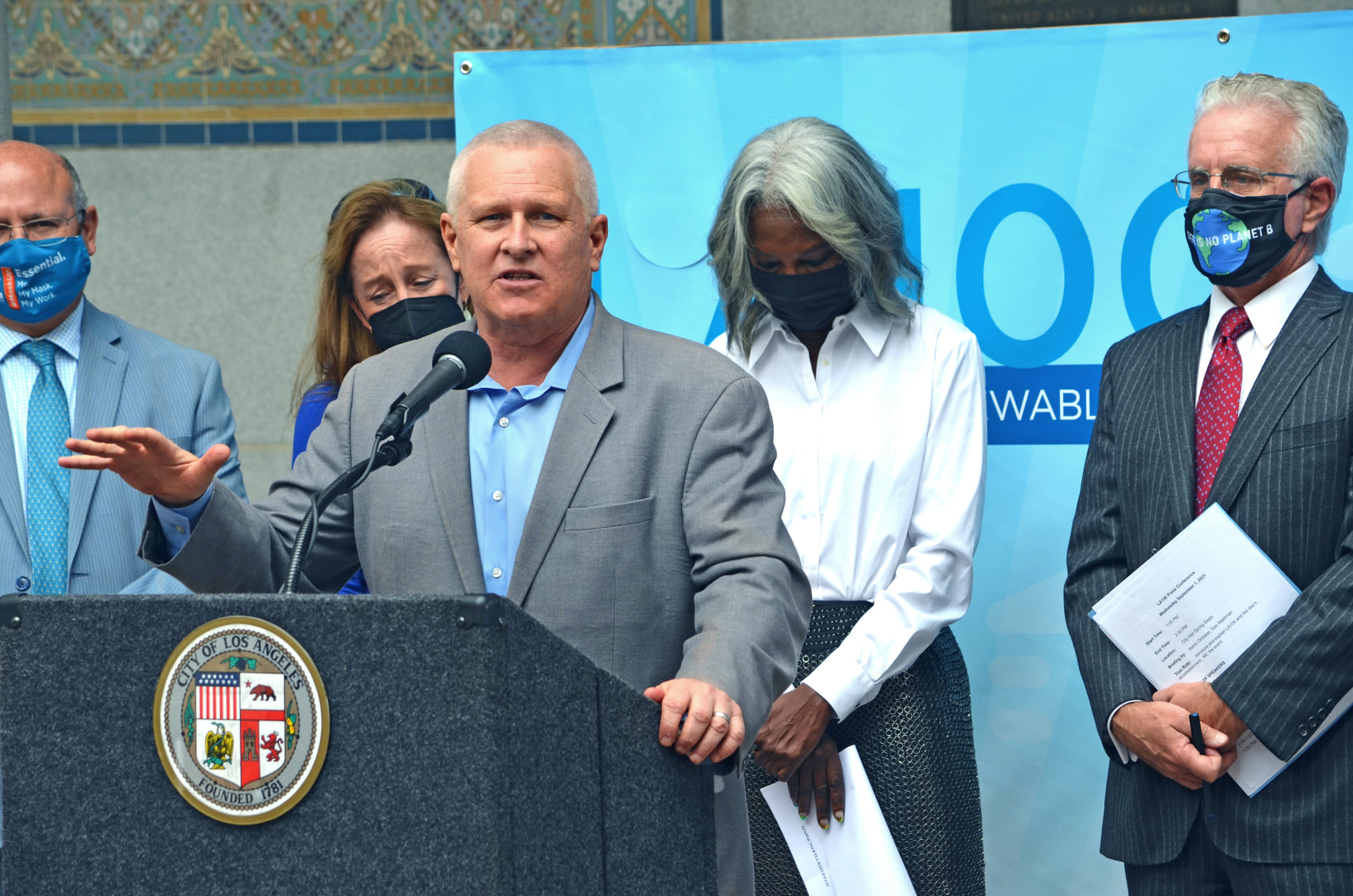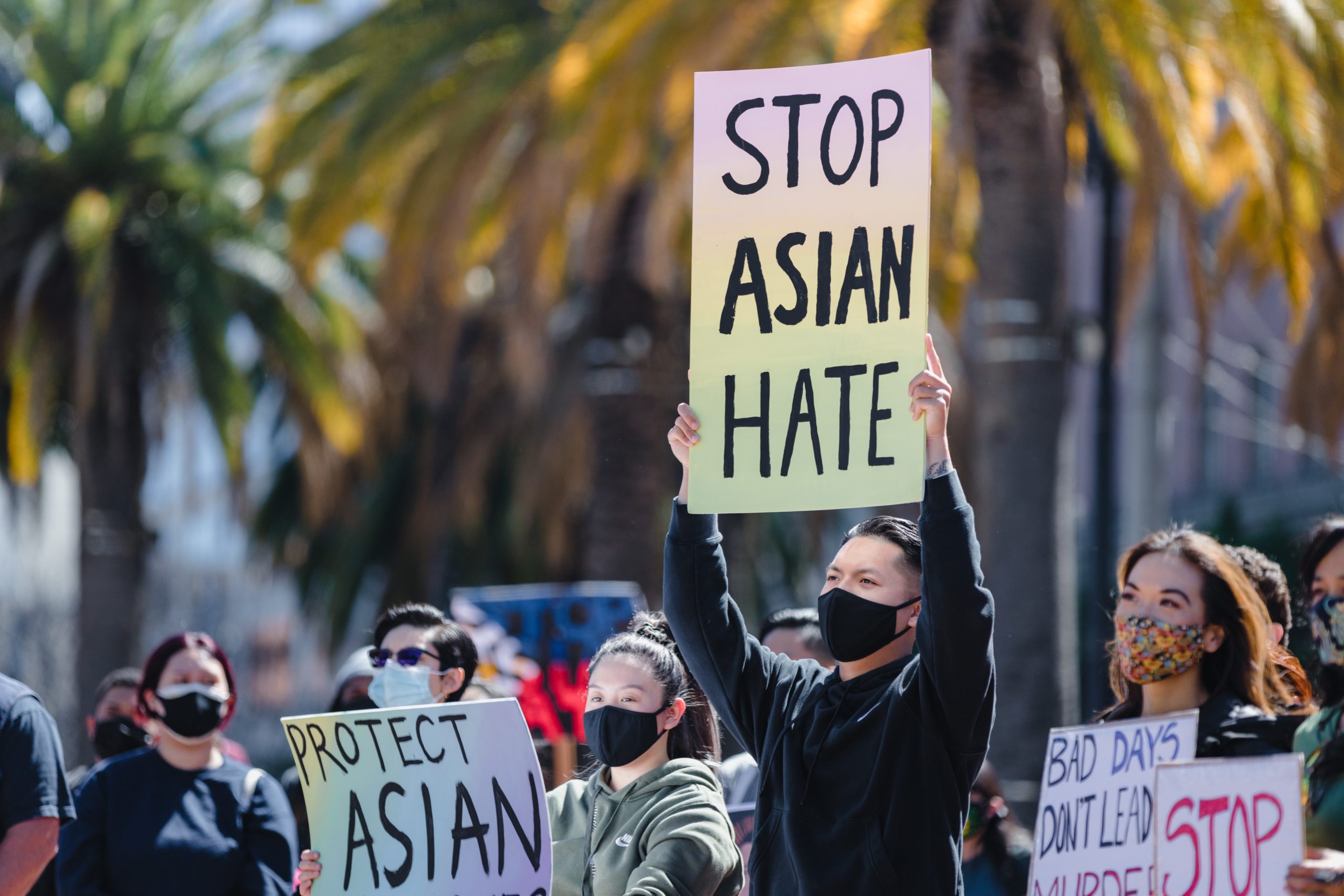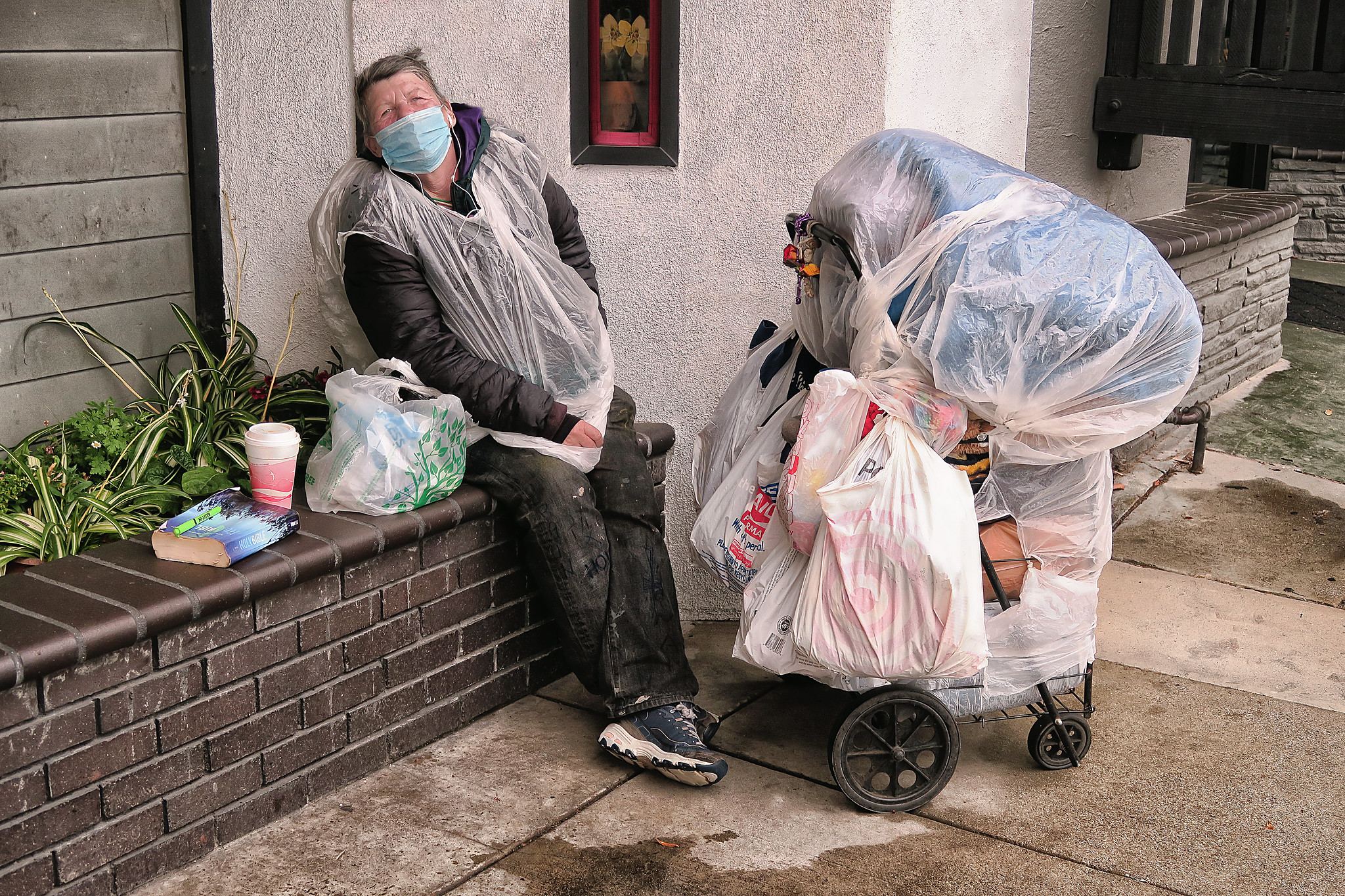While many public high schools offer peer mentoring for a variety of school subjects, including math, English, science, and more, Arcadia High School has expanded its offerings to a unique peer mentor opportunity for students who have autism. Piloted in 2016, Arcadia High started this voluntary service program in which upperclassmen serve as mentors for their peers with autism. For six years now, Arcadia High’s students have been celebrating the joy of learning and connecting with one another through this program.
There are currently 26 mentors paired up with 24 mentees in this program. It is common to find that many people do not know what autism is or what it entails. Misconceptions about autism often lead to conflict and isolation. As shared by Genevieve Huffman, a speech pathologist at Arcadia High School and founder of this Peer Mentoring program, “Many of the students with autism report feeling lonely and isolated at lunchtime; they typically don’t have a ‘group’.”
So, what exactly is autism? Huffman explained that autism is a neurobehavioral spectrum disorder. “It’s called a ‘spectrum’ because it includes a range of conditions characterized by challenges with social skills, repetitive behaviors, speech and nonverbal communications, and others. It also reflects the wide variation in strengths possessed by each person with autism.”
After coming across a research article that was conducted on high school students with autism, Huffman started organizing the Peer Mentoring program with the hope of bringing positivity to the lives of these students and giving them the opportunity to practice their social skills. Huffman’s research found that when students with autism were paired with peer mentors, their cognitive skills showed major improvement.
It was this research that sparked the idea of having a group of upperclassmen take these students under their wings as mentees. As for the process of becoming a peer monitor, Huffman explained that she is looking for students who are responsible, empathetic, kind, and patient. She also tries to find students who carry very good social skills themselves and are experienced in handling awkward situations.
In the past, Huffman recruited juniors and seniors as mentors at the end of the school year, but she has since changed recruitment season to happen at the start of the school year due to the pandemic. Huffman added that she mainly recruits mentors by posting in the digital student bulletin, having current mentors spread the word, and uses support from Link Crew and Seniors of Merit at Work (SMW) to help get the word out.
Peer mentors go through rigorous critical training to be part of this program. They start their training at the beginning of the school year when they are accepted as new mentors, go over general rules relating to confidentiality, and then discuss their role as a mentor.
According to Huffman, peer mentors use an acronym called, “IBRAPN” (pronounced “I-Bee-Rapin”). This acronym serves as a guideline for communicating with students who have autism. For example, the “I” stands for ‘I can talk about my perspectives.’
Since students with autism have a hard time understanding others’ perspectives, it is important for mentors to voice out thoughts and feelings. Throughout the year, mentees are provided with additional support in the form of prompt cards for dealing with awkward or tricky situations. One example would be a prompt card regarding a response to unexpected behavior. To tackle such a situation, mentors would use the cue on the card, “I feel (emotion) because (behavior) is unexpected.”
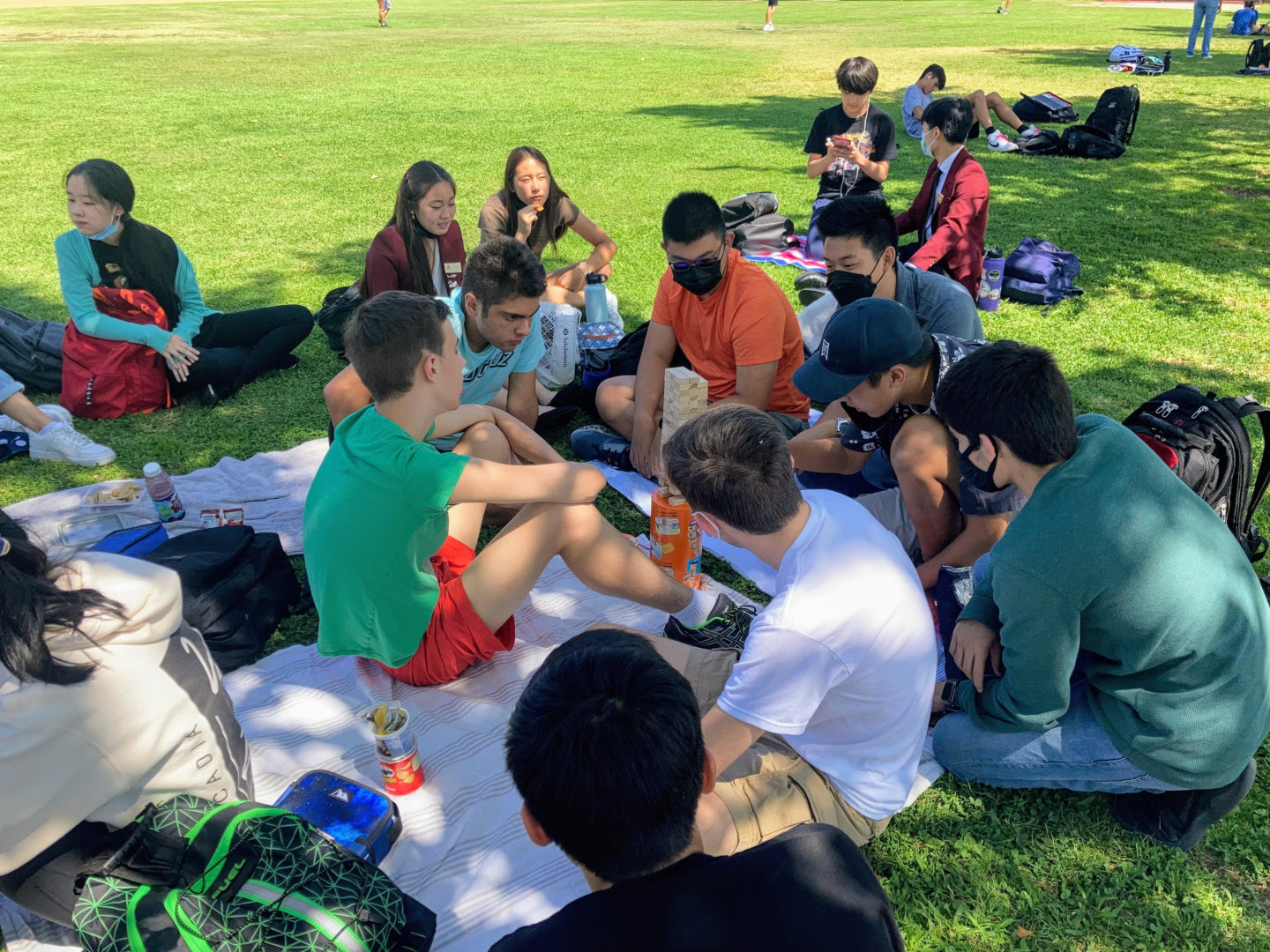
Brandon Lin, a senior and peer mentor at Arcadia High School can’t stress enough how exceptional the students who have autism that he’s worked with are. “They are all really unique, different, and positive. Each of them have their own special strengths and unique attributes.”
Lin shared that he strived to be a peer mentor not only because he wanted to help out the community but also to be an upfront and uplifting friend to students with autism. Furthermore, he seeks to break the common stereotype that people with autism are good at math or are artistic. He wants others to know that students with autism should be treated equally with love and understanding. “Just being able to learn more about them can break that barrier,” said Lin.
Having friends is a major barrier that students with autism face and it was also another contributing factor to the formation of this peer mentoring group. These upperclassmen not only provide mentees in this program with friendship, but in the long run, they provide them with skills and a medium for them to apply their social skills.
Peer mentors and mentees meet up every Tuesday and Wednesday during lunchtime at the Arcadia High softball field to talk about their day, school, interests, or just about anything. Oftentimes, they end their time with fun games like Jenga, UNO, Frisbee, and more.
Griffin Daly, a student with autism, mentioned that he felt comfortable stepping out of that zone in front of the peer mentoring group. “I just find that this (peer mentoring) group helps me adapt (to school), especially since I am a freshman,” Daly shared.
When asked about his feelings towards this program, Daly stressed that he felt like he was being heard by others. “I feel like I am part of something and that I am not being judged by my autism.”
While peer mentors receive great foundational training, serving in this role is not necessarily a straightforward assignment. Lin noted that the biggest challenge with being a peer mentor is trying to find a common ground with mentees because each student is different; some are open, while others are shy. He reflected that the hardest part was to start a conversation and try to find a common interest.
“But when you are able to find a common interest and connect with them, it becomes a really rewarding experience being able to socialize and talk with them,” Lin said. When asked about who usually signs up to be peer mentors, Huffman noted that students in Seniors of Merit at Work (SMW), Arcadia Student Body (ASB), My friend and I (a student club), and those who are interested in being a speech therapist or occupational therapist are usually the pools from which peers for the program come.
Daly added that he felt really inspired seeing upperclassmen from SMW, ASB, and Link Crew come every week to share their stories with them. Lin further explained the personal fulfillment he gets from serving in this program. “Being a peer mentor really gives a different perspective on their [mentees] uniqueness and [allows the opportunity] to know them as a human and to look beyond their autism.” As Huffman likes to say, “Everyone is different but everyone is worthy of love.”
This unique Arcadia High Peer Mentoring program seems to foster that concept and more. For more information about Arcadia High School’s Peer-Mentoring Program, email Genevieve Huffman at ghuffman@ausd.net, and for more information about Arcadia High School, visit ahs.ausd.net.



